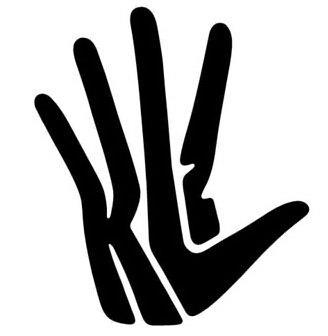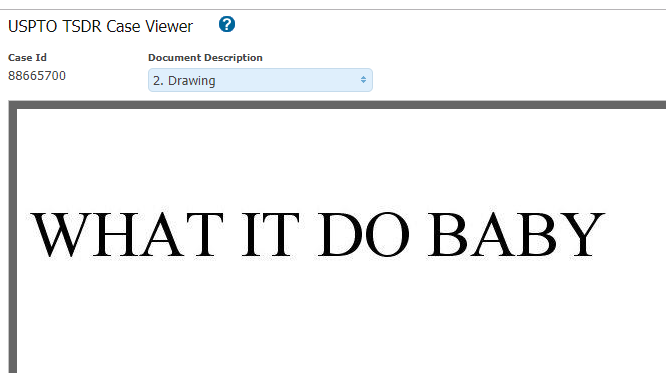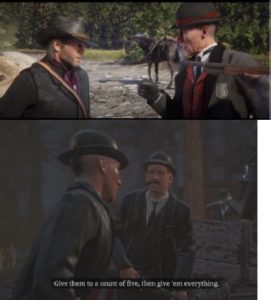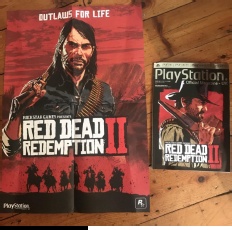Kawhi Leonard has filed a lawsuit against Nike for the use of his “Klaw” logo. The Toronto Raptor’s forward argues that the company ‘falsely claimed’ that it created the logo in a copyright registration.
Leonard, who is now a New Balance-sponsored athlete, claims that he came up with the “Klaw” logo and gave Nike permission to use the logo when he was a Nike-sponsored athlete. The copyright registration filed by Nike was done without his consent according to the Leonard’s lawsuit which was filed in California federal court.
In the lawsuit, Leonard alleges that he had contemplated the logo since college and created a drawing of a logo in December 2011/January 2012. Leonard signed a “Men’s Pro Basketball Contract” with Nike in October 2011.
Nike approached Leonard about a personal logo. While the Beaverton, Oregon-based company provided proposals, Leonard claims to have rejected them. While Leonard agreed upon a logo, he claims that he retained ownership of that logo. In May 2017, Nike registered with the U.S. Copyright Office, the logo accepted by Leonard.
Leonard applied for a trademark based on his logo in November 2017. Now a New Balance athlete, intends to use the “Klaw” logo on sportswear but Nike claims that it owns the mark and has registered the Copyright.
Leonard is seeking a Declaratory Judgment from the Court which would state that Leonard is the true owner of the logo.
This case involves the intersection of Copyright law and Trademark law. Copyrights are original creative works while Trademarks are recognizable signs, designs or expressions for a good or service. A logo, like the one fought over here, can be both a copyright and trademark. While distinguishable, Leonard claims he created the logo that he used with Nike. It can also be used for a trademark as Leonard intends to use the mark on branded clothing.
The case is notable since there did not seem to be a contract regarding who owns the rights to intellectual property used while marketing Leonard. This seems that it would have outlined ownership rights of things like this. Nike claims that it owns the copyright and will likely argue that it assisted Leoanrd with the logo and thus retained ownership since he was under contract at the time.
Obviously, with Leonard’s great run with the Raptors this year, he is looking to capitalize with his new company, New Balance. Also, the Los Angeles Clippers, which hopes to land Leonard after this season, hoped to buy the logo from Nike.
The lawsuit shows the need for contracts to be detailed enough to contemplate things like intellectual property rights. It also shows the intersection of copyright and trademark law and its uses.




